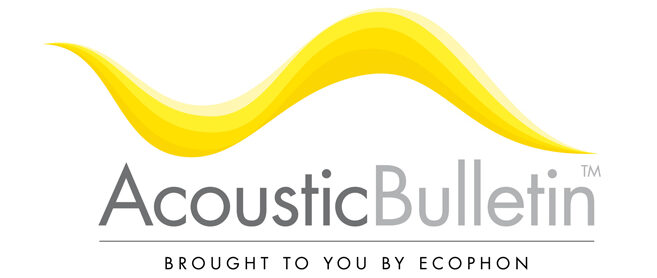

Imagine having a baby, or remember when you had yours. One of your strongest wishes (if not the strongest) was probably for the baby to be healthy, and for the pregnancy to be ‘normal’. But what if, instead of having a full-term, healthy baby on your chest, you find yourself in a high-tech Neonatal Intensive Care Unit (NICU). Maybe 18 weeks before the estimated time of birth, and with an infant that is critically ill?
Thankfully, advanced care is available.
Treating critically ill infants
The purpose of neonatal intensive care is of course survival and to increase the infant’s chances of a healthy life. The basic medical principles involve ensuring the infant’s oxygenation, ventilation, circulation, body temperature, and nutrition. Along with reducing stress and pain, and providing comfort.
Another goal is to promote the bonding process between the infant and the parents, as this critical situation can threaten the natural state of parent-child bonding. The nurses can facilitate the process by, for example, increasing the parents’ presence at the NICU. And also provide activities that involve the parents in the care of their infant. However, research shows that high sound levels can be a barrier to parents’ presence.
Sounds in the NICU
Common sound sources in a NICU are technical apparatus such as respiratory support devices, incubators, syringe pumps, and monitors. As well as conversations between staff members and parents. Depending on the medical status, the number of technical apparatus surrounding the infant varies, and each device can have one or more continuous sounds or intermittent alarms. Regardless, a premature infant is likely to be surrounded by many different sounds.
How does sound impact the infant?
A premature infant has a developing brain, making it extremely vulnerable. Exposure to stressors in a NICU is connected to alterations in the brain structure and its function.
Sound is one of the stressors reported to affect the infant. High sound levels can harm the infant even before the NICU. As transport via air or in an ambulance to another hospital might be necessary. High sound levels can lead to an increase in the infant’s heart rate and respiratory rate. Sleep states being affected, and a lowering of oxygenation.
Furthermore, infants discharged from a NICU suffer from hearing impairment up to seven times more often than infants and young children that have not been in a NICU.
What can be done to improve the situation?
Several measures can be taken to reduce noise and improve the situation for the infant. The most important intervention is to educate staff and make them aware of sound and its consequences. This can lead to:
- placing hearing protection, such as earmuffs or earplugs, on the infant
- not creating unnecessary sounds
- not putting equipment on the incubator as this can increase the sound level inside
- checking the alarm limits so they do not go off too easily
- dimming the lights, as this leads to one speaking in a softer voice
- turning off the alarms for a few minutes while interacting with the infant
- keeping the door to the room closed
- planning the care; doing many things at once to be able to leave the infant alone for a longer period
- carefully (re)designing the NICU together with experts.
This topic was presented by Johannes van den Berg at the Care for Sound symposium. Watch the full presentation below.

